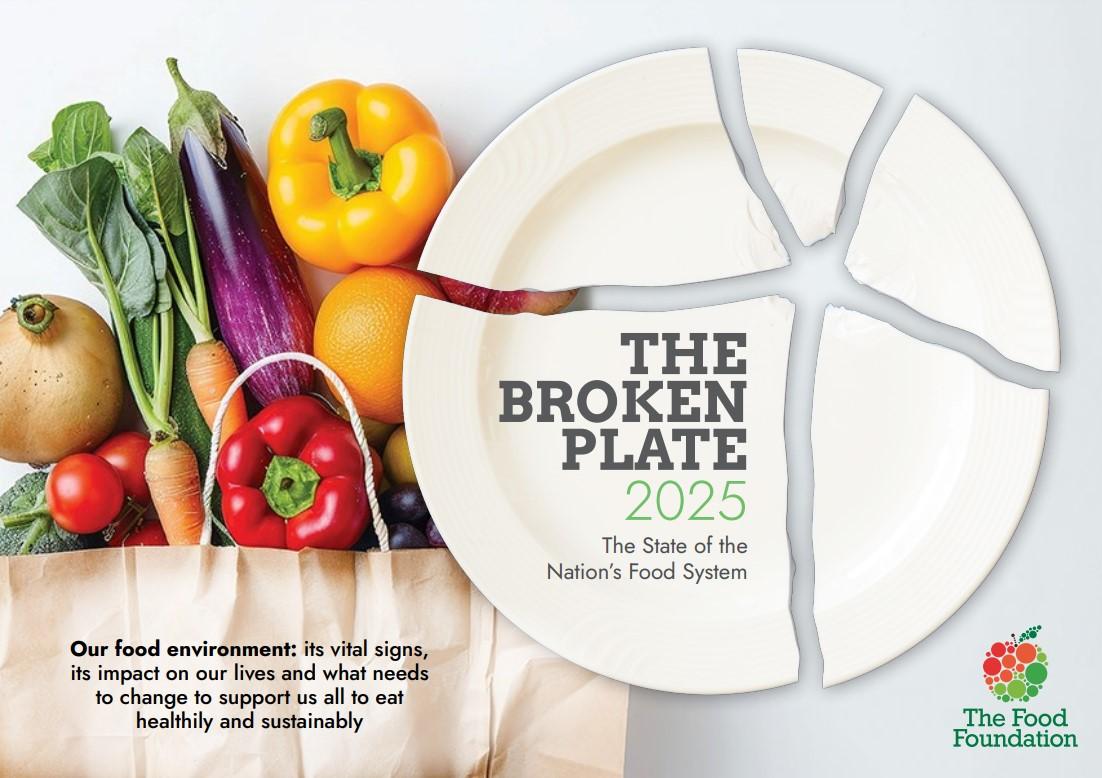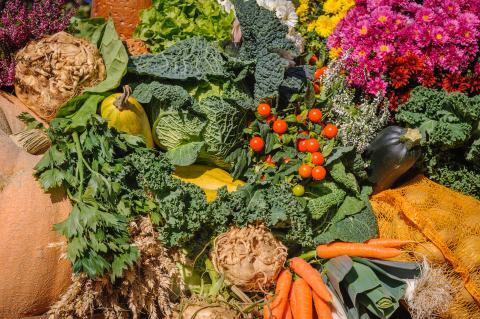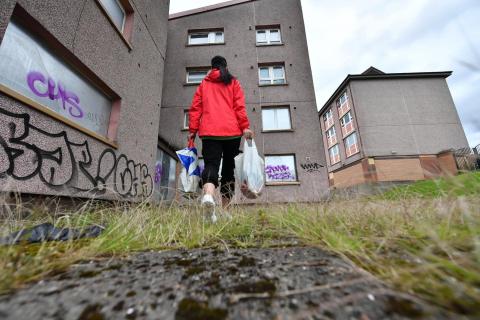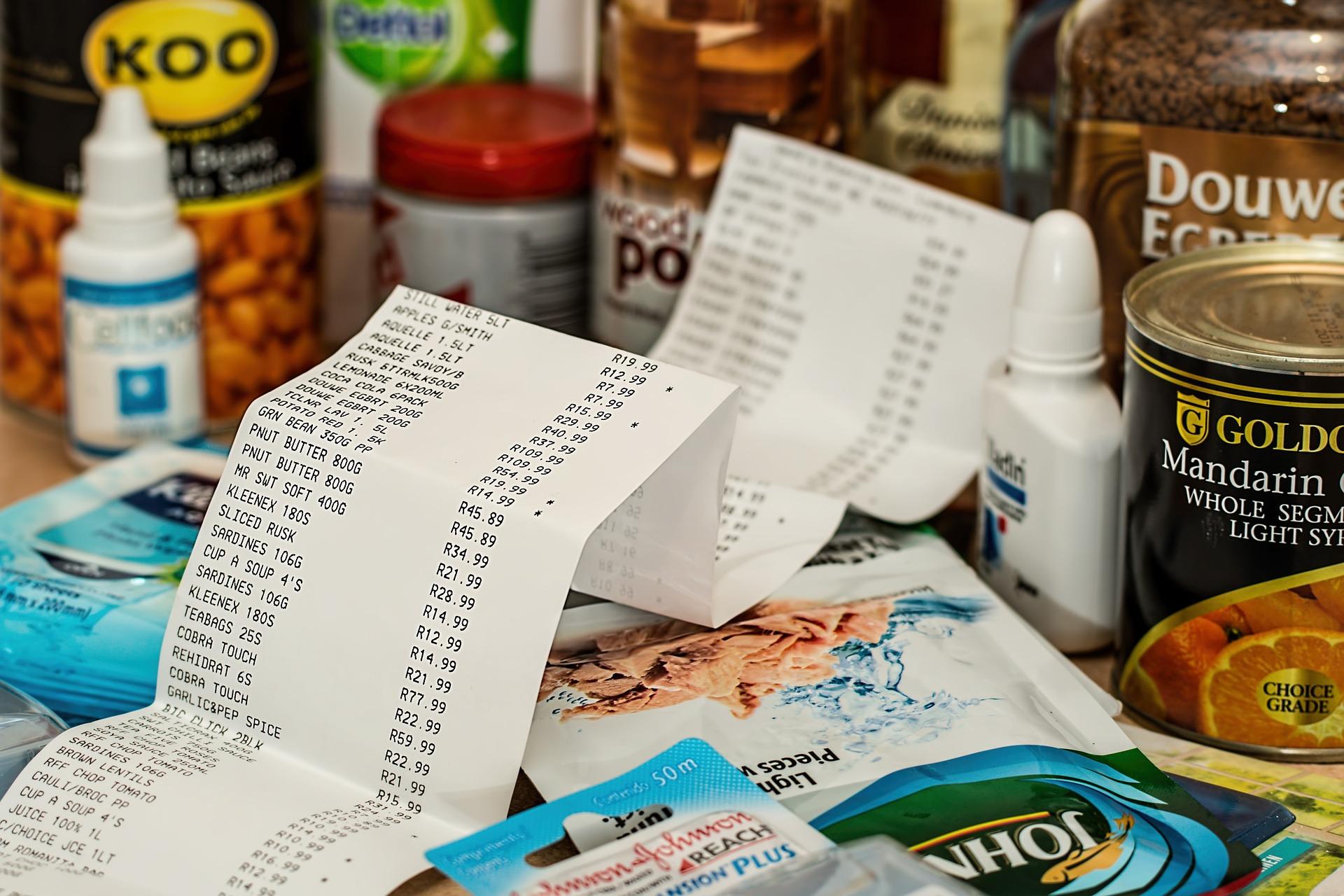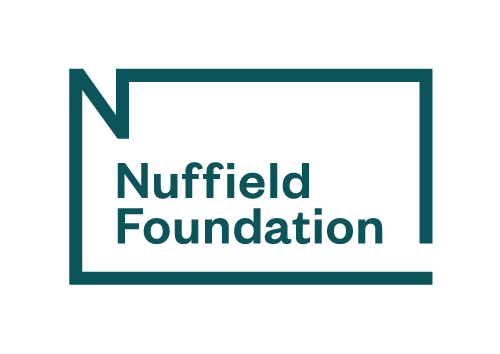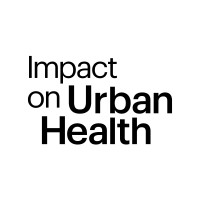Latest Content



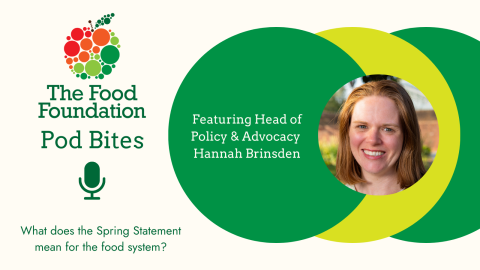


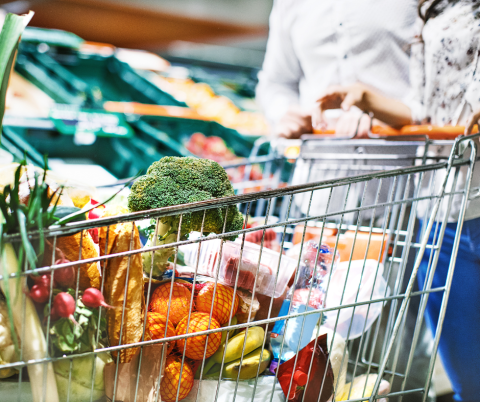

Data Dashboards and Data Stories
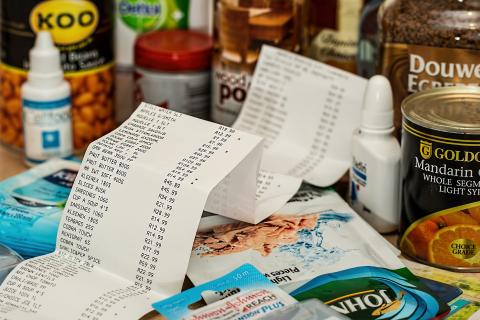


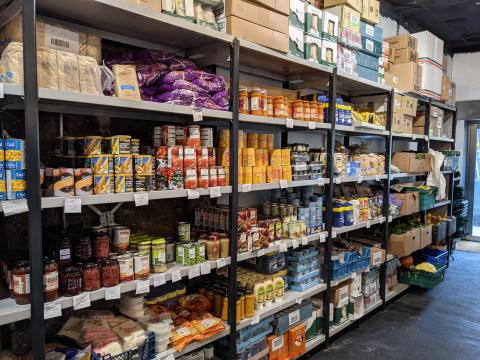


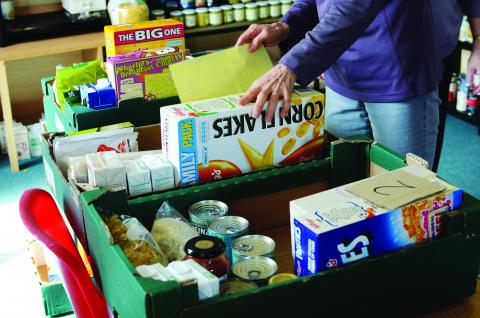
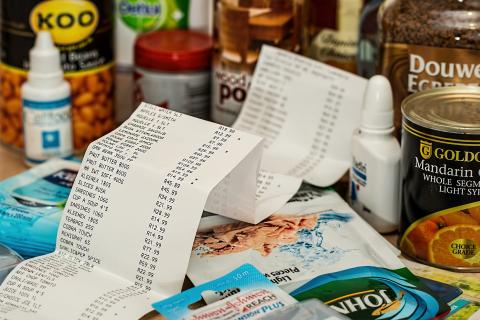
Key Stats
14% of households experienced food insecurity in June 2024 affecting approximately 7.2 million adults.
18% of households with children experienced food insecurity in June 2024 affecting an estimated 2.7 million children.
Food price inflation decreased to 1.5% in the 12 months to July 2024.
The cost of a Basic Basket of food has increased approximately 26% since the beginning of April 2022.
The poorest fifth of UK households would need to spend 50% of their disposable income on food to meet the cost of the Government-recommended healthy diet. This compares to just 11% for the richest fifth.
More healthy foods are over twice as expensive as per calorie as less healthy foods.
900,000 children living in poverty in England do not qualify for Free School Meals
Children in the most deprived tenth are about twice as likely to have obesity as the least deprived tenth.
One in five children have overweight or obesity in their first year of school
Healthy life expectancy is 18 years less for men and 19 years less for women in the most deprived tenth compared to the least deprived tenth
21% of places to buy food in the least deprived fifth of local authorities are fast-food outlets compared with 31% in the most deprived fifth.
Obesity among 10 and 11-year-olds has increased by 30% since 2006.
42% of households on Universal Credit experienced food insecurity in June 2024.
60% of food insecure households have cut down on buying fruit and 44% have cut down on buying veg in January 2024
Households with someone limited a lot by disability are more than three times as likely to experience food insecurity as households with no disabilities in June 2024
Type 2 diabetes among under 25s has increased by 22% in the past five years.
Babies born today will enjoy a year less good health than babies born a decade ago.
The height of 5-year-olds has been falling since 2013.
Single adult households with children were nearly twice as likely to be food insecure than multi adult households with children in June 2024.
17% of single adult households with children reported not eating for a whole day because they couldn't afford or access food in January 2024.
To ensure that everyone can eat well during the cost of living crisis, The Food Foundation are calling for:
-
Urgent action to ensure that all children in poverty have access to at least one nutritious meal a day at school by expanding the provision of Free School Meals to all children on Universal Credit.
-
Government to set minimum wage and benefits levels at a value that takes into account the cost of a healthy diet and other essentials.
-
Action by retailers to make it easier for people to afford the food they need and rebalance the cost of a basic shopping basket to make the healthy options the most affordable.



